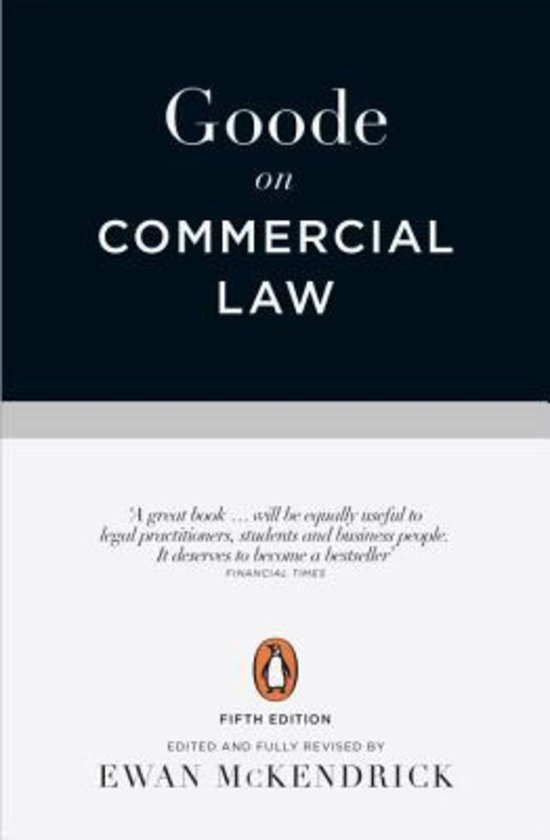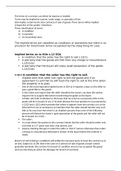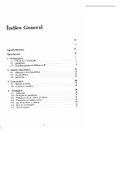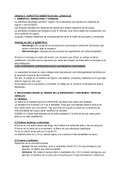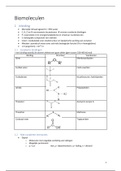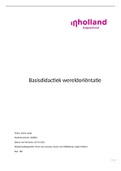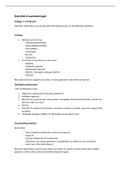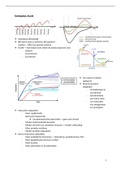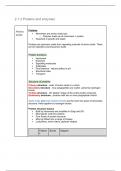The terms of a contract can either be express or implied.
Terms may be implied by custom, trade usage, or operation of law.
SGA implies certain terms into contracts of sale of goods. There terms will be implied
irrespective of the parties’ intentions.
Three classification of terms:
a) A condition;
b) A warranty
c) An innominate term
The implied terms are classified as conditions or warranties but there is no
provision for innominate terms recognised by the Hong Kong Fir case.
Implied terms as to title s.12 SGA
A condition that the seller has the right to sell s.12(1)
A warranty that the goods are free from any charge or encumbrance
s.12(2)(a).
A warranty that the buyer will enjoy quiet possession of the goods
s.12(2)(b).
S.12(1): A condition that the seller has the right to sell.
- Implied term that seller has right to sell the goods and if an
agreement to sell that he will have the right to sell at the time when
the property is to pass.
- One of the most important implied terms in SGA as it imposes a duty on the seller to
pass a good title to the goods.
- S.12(1) does not require that the seller should be the owner, nor does the section
require him to acquire title before transferring the goods to the buyer.
- A finder who fails to disclose to the buyer that he only has a possessory title to the
goods will be in breach of s12. If he does disclose the true position he is protected by
s.12(3) and s.12(5) which provide that where it appears from the contract or is to be
inferred from its circumstances an intention that the seller should transfer only such
title as he may have then there is an implied warranty than none of the following
persons will disturb the buyer’s quiet possession of the goods and the seller will not
be in breach of s.12(1).:
The seller;
In a case where the parties to the contract intend that the seller should transfer only
such title as a 3rd party may have, that person; and
Anyone claiming through or under the seller or that 3rd person otherwise than under
a charge or encumbrance disclosed or known to the buyer before the contract is
made.
Breach of s12(1) (being a condition) will entitle the innocent party to treat the contract as at
an end. Subject to s11(4) that in the case of a contract of sale of goods a buyer cannot
generally terminate the contract for breach of condition once he has accepted the goods
and can only bring an action for damages for breach of warranty.
Terms may be implied by custom, trade usage, or operation of law.
SGA implies certain terms into contracts of sale of goods. There terms will be implied
irrespective of the parties’ intentions.
Three classification of terms:
a) A condition;
b) A warranty
c) An innominate term
The implied terms are classified as conditions or warranties but there is no
provision for innominate terms recognised by the Hong Kong Fir case.
Implied terms as to title s.12 SGA
A condition that the seller has the right to sell s.12(1)
A warranty that the goods are free from any charge or encumbrance
s.12(2)(a).
A warranty that the buyer will enjoy quiet possession of the goods
s.12(2)(b).
S.12(1): A condition that the seller has the right to sell.
- Implied term that seller has right to sell the goods and if an
agreement to sell that he will have the right to sell at the time when
the property is to pass.
- One of the most important implied terms in SGA as it imposes a duty on the seller to
pass a good title to the goods.
- S.12(1) does not require that the seller should be the owner, nor does the section
require him to acquire title before transferring the goods to the buyer.
- A finder who fails to disclose to the buyer that he only has a possessory title to the
goods will be in breach of s12. If he does disclose the true position he is protected by
s.12(3) and s.12(5) which provide that where it appears from the contract or is to be
inferred from its circumstances an intention that the seller should transfer only such
title as he may have then there is an implied warranty than none of the following
persons will disturb the buyer’s quiet possession of the goods and the seller will not
be in breach of s.12(1).:
The seller;
In a case where the parties to the contract intend that the seller should transfer only
such title as a 3rd party may have, that person; and
Anyone claiming through or under the seller or that 3rd person otherwise than under
a charge or encumbrance disclosed or known to the buyer before the contract is
made.
Breach of s12(1) (being a condition) will entitle the innocent party to treat the contract as at
an end. Subject to s11(4) that in the case of a contract of sale of goods a buyer cannot
generally terminate the contract for breach of condition once he has accepted the goods
and can only bring an action for damages for breach of warranty.

